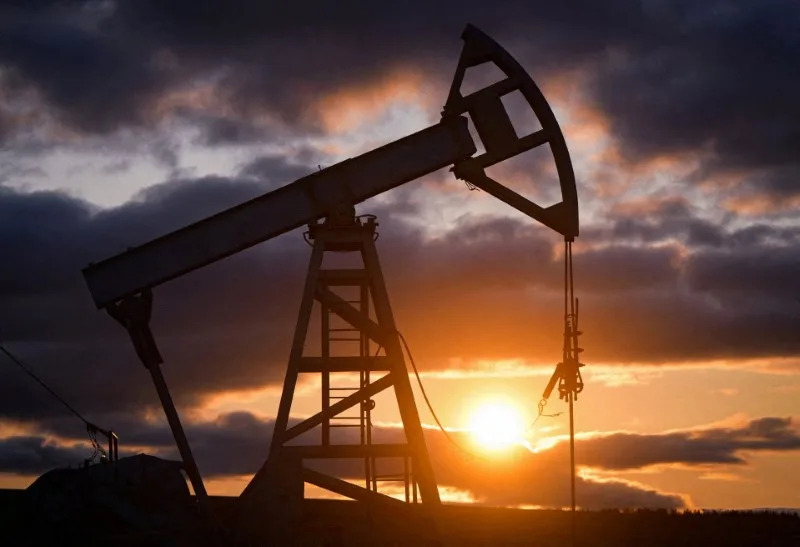OPEC on Tuesday cut its forecast for global oil demand growth in 2024 reflecting data received so far this year and also trimmed its expectation for next year, marking the producer group’s second consecutive downward revision.
The weaker outlook further underscores the challenge faced by OPEC+, which comprises the Organization of the Petroleum Exporting Countries and allies such as Russia in balancing the market. Last week, OPEC+ delayed a plan to start pumping more oil after prices hit the lowest in 2024.
On Tuesday, OPEC in a monthly report said world oil demand will rise by 2.03 million barrels per day (bpd) in 2024, down from growth of 2.11 million bpd expected last month. Until last month, OPEC had kept the forecast unchanged since it was first made in July 2023.
China accounted for the bulk of the latest downgrade, as OPEC trimmed its forecast of Chinese growth to 650,000 bpd in 2024 from 700,000 bpd. Oil use in the world’s second largest economy was facing headwinds from economic challenges and moves to cleaner fuels, OPEC said.
“Looking ahead, China’s economic growth is expected to remain well supported,” OPEC said in the report.
“However, headwinds in the real estate sector and the increasing penetration of LNG trucks and electric vehicles are likely to weigh on diesel and gasoline demand going forward.”
Oil ticked lower after the report was issued, with Brent crude trading below $71 a barrel, near the lowest price since March 2023.
There is a wide split in 2024 demand growth forecasts due to differences over China and the pace of the world’s transition to cleaner fuels. OPEC is still at the top of industry estimates and has a long way to go to match the International Energy Agency’s far lower view.
OPEC said this year’s demand growth was still above the historical average of 1.4 million bpd seen prior to the COVID-19 pandemic in 2019, which caused a plunge in oil use.
The group was upbeat on the economic front, nudging up its 2024 economic growth forecast to 3% from 2.9%. OPEC left its 2025 view unchanged at 2.9% and said there was potential to revise up next year’s figure.
For next year, OPEC cut its 2025 global oil demand growth estimate to 1.74 million bpd from 1.78 million bpd, also at the top end of what the industry expects.
OUTPUT FALLS
OPEC+ has implemented a series of output cuts since late 2022 to support the market, most of which are in place until the end of 2025.
The group was due to start unwinding the most recent layer of cuts of 2.2 million bpd from October, but decided last week to delay the plan for two months after oil prices slumped.



